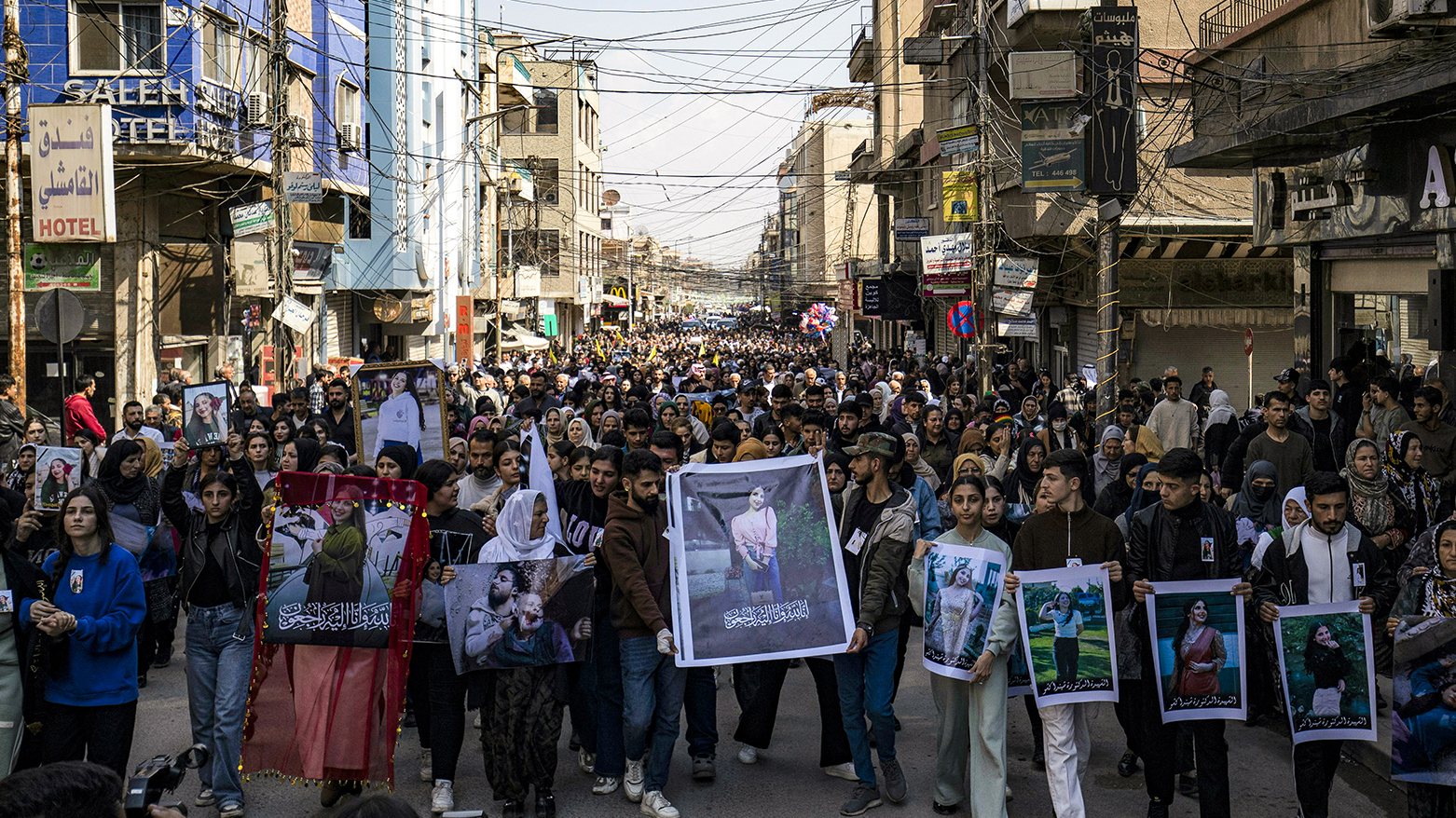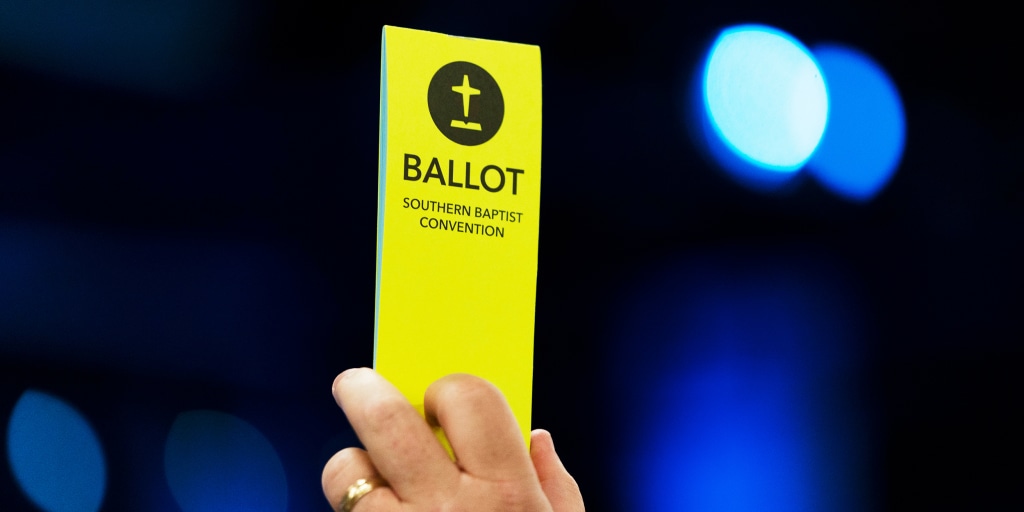Beijing Tightens Grip: New Crackdown on Foreign Religious Practices Sparks Global Concern
Religion
2025-04-03 01:30:47Content

China Tightens Grip on Foreign Religious Activities with Sweeping New Regulations
In a significant move to further control religious practices, the National Religious Affairs Administration (NRAA), the Communist Party's religious oversight body, has unveiled a comprehensive set of regulations that promise to dramatically reshape the landscape of foreign religious engagement in China.
The newly published "Detailed Rules," spanning 38 articles, are set to take effect on May 1st, introducing stringent restrictions on religious activities conducted by non-Chinese nationals. These regulations represent the latest effort by Chinese authorities to maintain strict control over religious expression and foreign religious influence within the country.
The meticulously crafted guidelines aim to create a more regulated environment for religious interactions, signaling the government's continued commitment to managing and monitoring religious practices with unprecedented precision. Foreign religious workers and organizations will now face more complex and challenging requirements when operating within Chinese borders.
While the full details of the regulations remain to be comprehensively analyzed, the announcement underscores the Chinese government's ongoing strategy of maintaining tight control over religious activities, particularly those with international connections.
China's Religious Crackdown: Tightening Grip on Foreign Spiritual Practices
In a sweeping move that signals escalating religious restrictions, the Chinese government has unveiled a comprehensive set of regulations targeting foreign religious activities within its borders. The National Religious Affairs Administration (NRAA) has crafted a meticulously detailed framework designed to dramatically reshape the landscape of international spiritual engagement in the People's Republic of China.Unprecedented Restrictions Threaten Religious Freedom for Expatriates and Visitors
The Evolving Landscape of Religious Regulation
The new regulatory framework represents a significant watershed moment in China's approach to religious practices involving foreign nationals. Emerging from the intricate corridors of the Communist Party's United Front, these regulations demonstrate a calculated strategy to exert unprecedented control over spiritual expression. The 38-article document goes far beyond mere administrative guidelines, effectively constructing a complex legal infrastructure that fundamentally challenges the autonomy of religious practitioners from outside China's borders. Experts in international religious freedom have long observed China's systematic approach to managing spiritual activities. This latest regulatory intervention suggests a more nuanced and sophisticated mechanism of control, moving beyond previous blanket prohibitions to implement a granular, meticulously designed system of oversight and restriction.Implications for International Religious Communities
The ramifications of these new regulations extend far beyond bureaucratic paperwork. Religious organizations, missionary groups, and individual practitioners will face an increasingly challenging environment when attempting to maintain their spiritual practices within Chinese territory. The regulations create a labyrinthine process that effectively transforms religious engagement into a highly monitored and potentially precarious endeavor. Foreign religious workers will now encounter a dramatically altered landscape where every aspect of their spiritual activities will be subject to intense scrutiny. The regulatory framework introduces multiple layers of administrative approval, documentation requirements, and potential punitive measures that could dramatically curtail religious freedom.Strategic Context of Religious Regulation
Understanding these regulations requires a deeper examination of China's broader geopolitical and cultural strategies. The move represents more than a simple administrative update; it is a calculated expression of state power and ideological control. By implementing such comprehensive restrictions, the Chinese government signals its commitment to maintaining strict oversight of spiritual narratives and preventing what it perceives as potential external ideological influences. The timing and specificity of these regulations suggest a carefully orchestrated approach to managing religious diversity. Each clause appears designed to create multiple checkpoints and potential intervention mechanisms, effectively transforming religious practice into a highly regulated domain subject to state interpretation and approval.Global Reactions and Diplomatic Tensions
International human rights organizations and diplomatic missions are likely to view these regulations with significant concern. The comprehensive nature of the restrictions potentially violates established international conventions regarding religious freedom and individual spiritual rights. Diplomatic channels are expected to engage in nuanced discussions, balancing diplomatic protocols with genuine concerns about the erosion of fundamental human rights. The regulations present a complex challenge that transcends simple bilateral negotiations, touching upon fundamental questions of individual liberty and state sovereignty.Technological Surveillance and Religious Monitoring
The new regulations are anticipated to leverage advanced technological infrastructure to enforce compliance. China's sophisticated surveillance technologies are likely to play a crucial role in monitoring and potentially restricting religious activities. Artificial intelligence, facial recognition, and comprehensive digital tracking systems could become integral tools in implementing these stringent religious control mechanisms. This technological dimension adds another layer of complexity to the regulatory framework, transforming religious oversight from a purely administrative process into a high-tech system of monitoring and potential intervention.RELATED NEWS
Religion

UN Security Council Demands Syria Halt Sectarian Violence: Protect All Citizens Equally
2025-03-14 20:14:00
Religion

Faith in the Heartland: Arkansas Leads the Nation in Religious Devotion
2025-03-01 04:12:00
Religion

Spiritual Silence: The Fading Significance of Lent in Modern American Culture
2025-04-03 10:30:00





